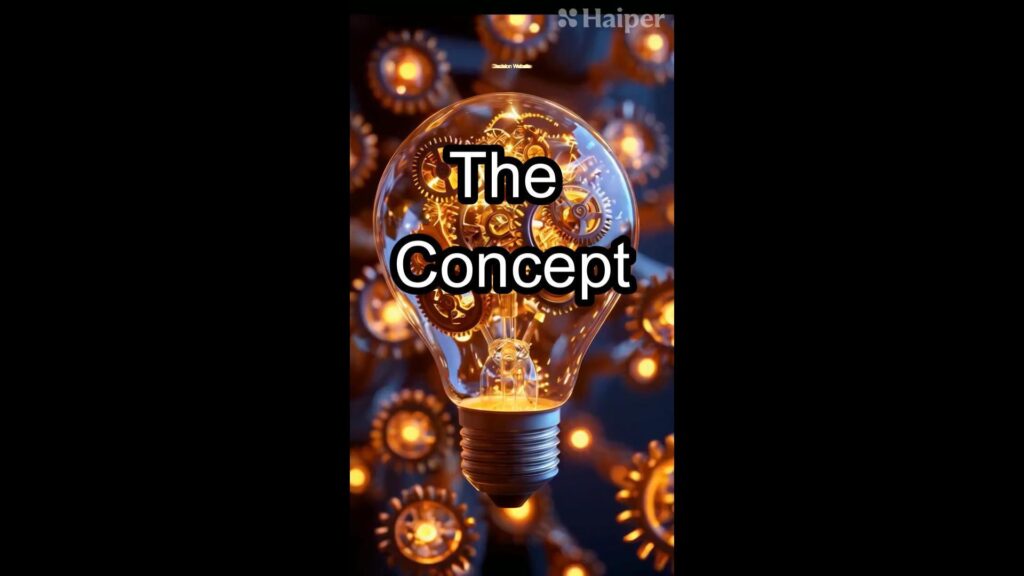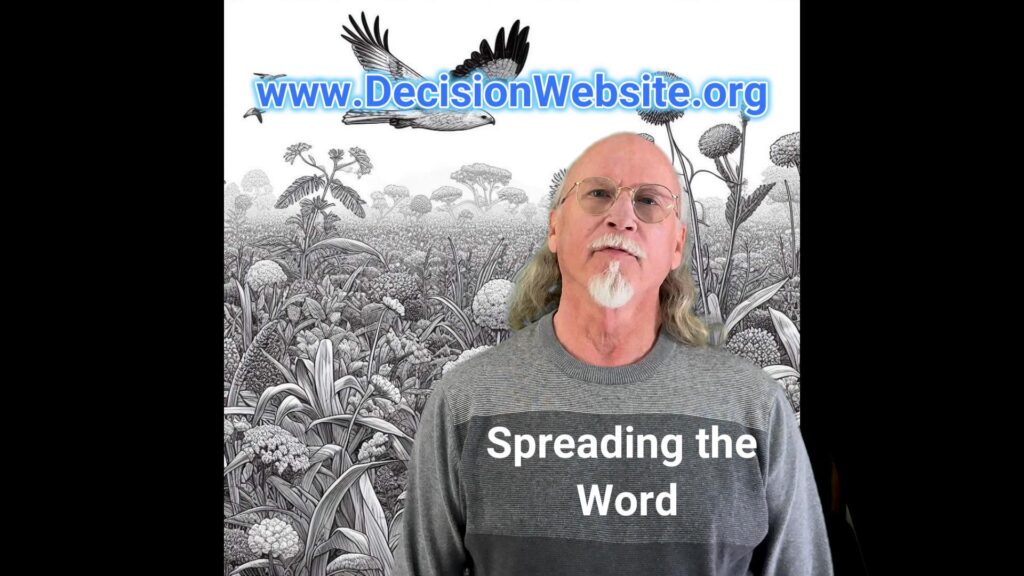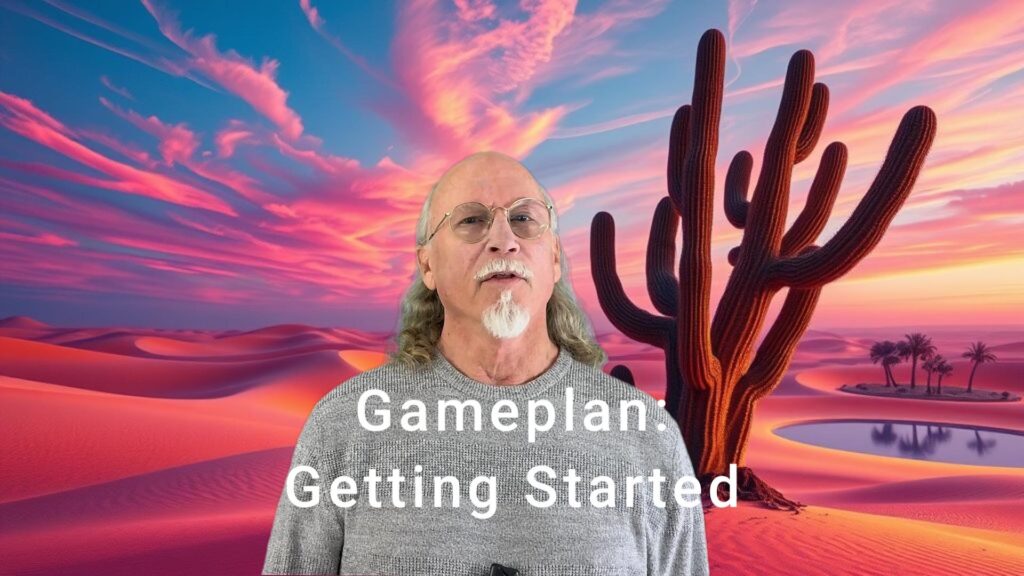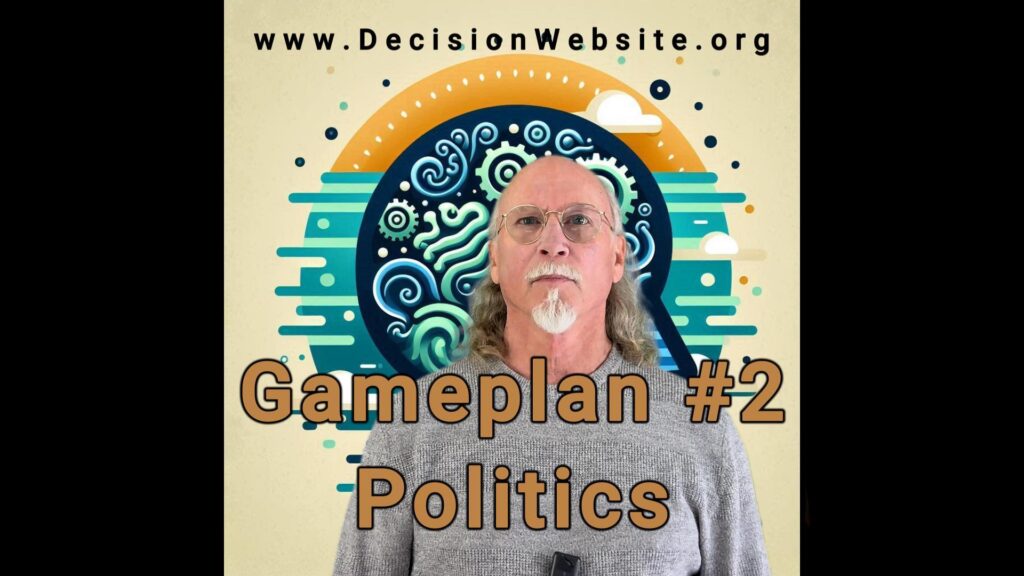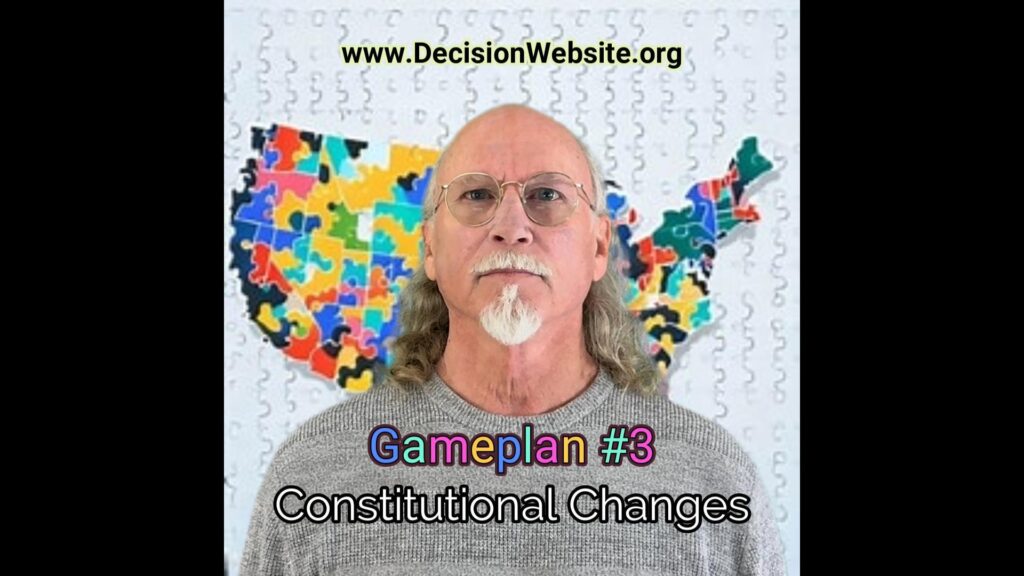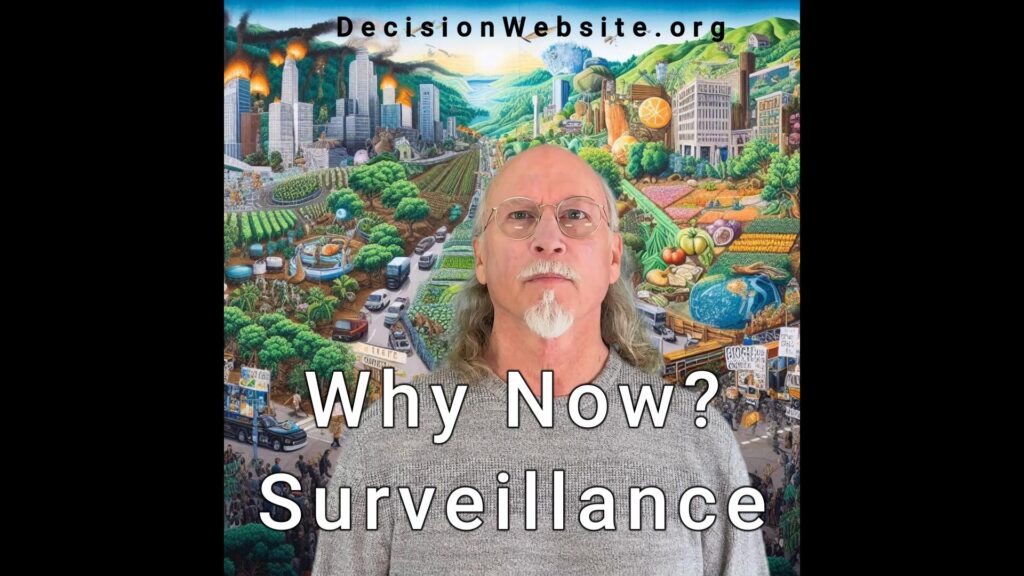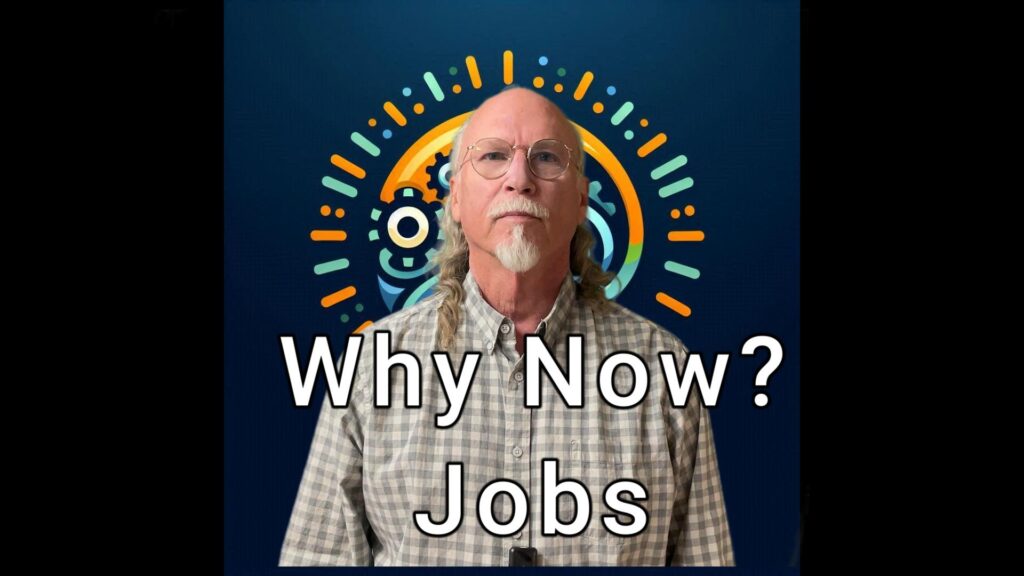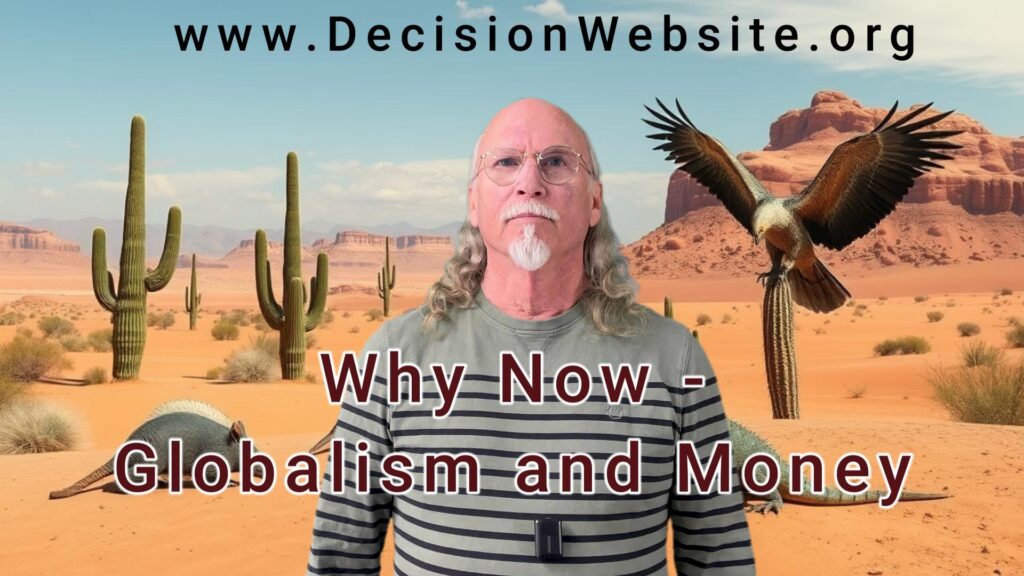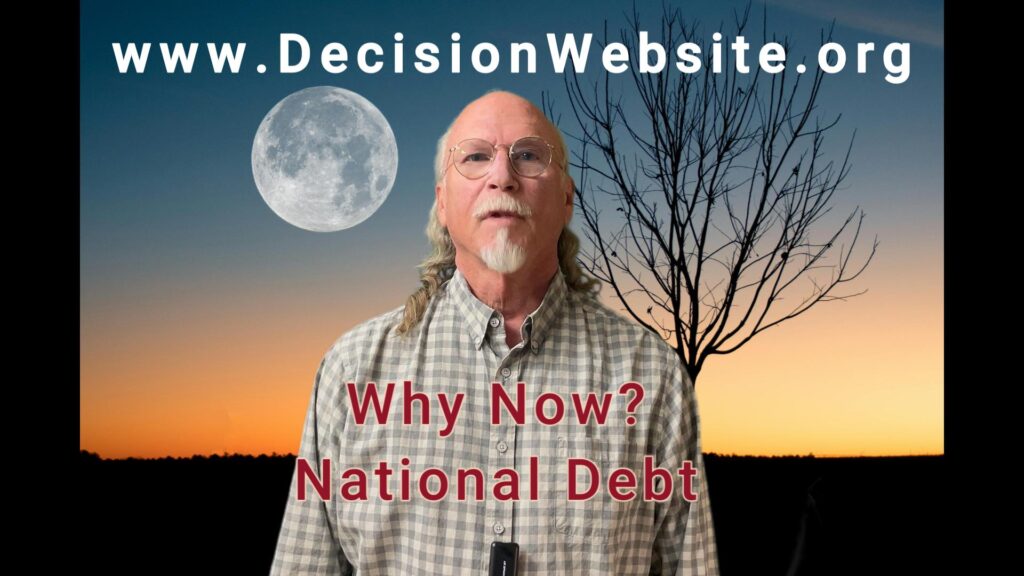Debate Issues
.
There is a problem with our usual concept of debating. We see it as a contest to win or lose, no compromise, no merging of ideas, just who can present their ideas in the most persuasive manner. We actually are judging the debater more than the ideas being presented.
.
We see it when candidates “debate” in a campaign. The candidate is merely hoping that their couple of sentences impresses the audience. But it brings up an interesting element – time. In a presidential debate, no one has time to probe or evaluate questions or dig deeper. And yet, that’s what we call a debate in today’s world.
.
![]()
Debates are not about winning or losing.
![]()
.
An exchange between TV political analysts has the same limitation of time as well as no motive to find the best way of thinking. Online forums are more like mudslinging than a debate. Conversations among acquaintances are not much better, since we are unwilling to invest the time to truly probe, and we are usually in either an attack or defensive posture. Our experience in good debate is quite limited.
.
Essentially, no one is really trying to find the correct solution. No one is really trying to hear the opponent’s side so as to learn something. Debating to find the best answer takes time and hard work. But it is worth it.
.
◆◆◆◆◆◆◆◆◆
.
Here are some principles we could use:
1) Our purpose should be to find the truth, the best solution, or at least the proper way to think about an issue.
2) We need humility and we need each other, because none of us has an unbiased and comprehensive picture.
3) Courage to listen, to be wrong, and to find compromise is a virtue.
4) Jumping to conclusions and being stubborn is caused by lazy thinking.
5) Speaking in absolutes (ex: the Democrats want open borders) is bypassing the complexity of an issue and avoiding a debate.
6) Ignoring opposition to your opinion is dishonest.
.
Debating with integrity is a challenge. Debating with the idea of coming to an agreeable consensus is even more of a challenge.
.
◆◆◆◆◆◆◆◆◆
.
The concept of a debate in the Decision Website is quite different. First it solves the “time” issue. Debates will take as long as needed. In fact we retain the debate so that when new information or problematic results appear years later, we don’t lose or have to redo our work. We simply pick up where we left off.
.
![]()
No Personalities!
![]()
↑ TOP
The fact that writing is used instead of speaking, solves a lot of problems. We can set aside the personality factor by making contributors anonymous. This can solve credentialism as well. That is, we focus on ideas and not people. We use logic and proofs without psychological persuasion. Anonymity can even help contributors be more open to changing their positions when rebuttals and new ideas get presented, because our reputation is not at stake..
.
![]()
Debating in good faith!
![]()
.
Writing allows us to contemplate our contribution, instead of requiring quick, ready-made responses. Writing allows us to critique others’ contributions, with time to research and fact-check. Writing encourages us to make smaller precise entries, since we are not in competition for the microphone and can contribute as often as we like.
.
The Decision Website’s mechanism to directly challenge one another’s premises, will force us to prove our ideas. There will be a built-in pressure to seek the most honest and practical solutions. In fact, we will be forced to have respect for one another’s perspectives. And consequently, we will naturally be moved to think in a more societal fashion instead of our personal mindset.
.
There will be new attitudes in our online discussions, driven by quick down-voting or direct challenges. We should see logical fallacies, personal attacks, and tricky persuasion tactics fade away.
.
For a list of communication issues…
.
The Decision Website will use techniques to encourage consensus, where the largest quantity of people will be satisfied with the answer. The current idea is for contributors to create “Position Statements” for the main topic as well as all subtopics and issues. These “Position Statements” are like summaries or the prescribed solution or the best way to think about the issue. Because people will vote on what they think is the top “Position Statement”, writers will try to mold their “Position Statements” to satisfy the most people. This will inspire compromise, hybrid solutions, and innovative ideas.
.
The end result is that we will no longer be trying to win debates, but rather seeking the peoples’ best thinking.
.
↑ TOP
.
.
